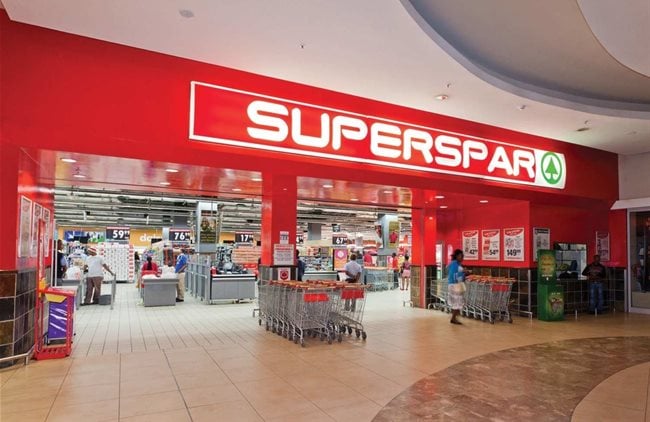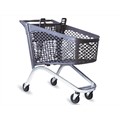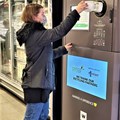Instead of removing packaging entirely, retailer Spar says it has initiated a shift from a linear to a circular economy in which plastic and other forms of packaging never become unnecessary waste.

Source: Spar Group
“There has been a growing call worldwide for countries to manage their waste more effectively and realising the extent of the issue in South Africa, more than two years ago the Spar Group decided to take action,” says Devin Galtrey, group packaging manager for the Spar Group. “Committed to a sustainable future, we have been fundamentally rethinking the way we produce, use and re-use packaging.”
Galtrey says packaging plays a vital role in the lives of Spar’s customers. It extends food shelf life preventing food waste and it also makes products more convenient and easy to use.
The retailer explains that a linear economy is a take-make-disposal plan which means raw materials are manufactured into products that are often only used once and then discarded as waste. In contrast, in a circular economy materials constantly flow in a ‘closed loop’ system, ensuring that packaging is reused and recycled and never becomes waste.
“As we will continue using plastic and paper in our packaging, we need to ensure that it’s being used responsibly. As one of South Africa’s largest retailers we are ideally placed to influence how this plays out so we are helping to lead the way towards a sustainable circular economy for all our packaging, specially plastic,” says Galtrey.
To deliver this, Spar has been spearheading a sustainability drive across the group on three different fronts: changing packaging materials so that the options used are more sustainable, strengthening its value chain to enable circularity through mechanisms such as waste collection and influencing consumer behaviour changes that will drive re-use.
Working towards 2025 targets
“The impact of waste on our environment requires immediate action and we have therefore set ourselves aggressive targets. Our goal is to make 100% of our packaging reusable, recyclable or compostable by 2025,” Galtrey says.
While the group reports to making progress across the value chain, Galtrey explains that the flagship sustainability project has been its plastic carrier bags: “We’ve been using 100% recycled bags for the past three years and this initiative alone diverts more than 4,500 tons of waste plastic from landfills while the collection and manufacturing process creates much-needed jobs.”
The success of this project has illustrated that collecting and sorting recyclable materials is key to ensuring they are reused. Galtrey adds that this has led to the next step in Spar’s sustainability efforts, empowering the group’s customers to play their part in the circular economy.
“Our efforts are all part of delivering on 'My Spar, Our Tomorrow', the group’s public commitment to the future of our brand and our planet. Running in parallel with this are our values, one of which is to inspire people to do and be more – so through our sustainability initiatives, we are giving our customers the opportunity to directly participate in the circular economy,” says Galtrey.
“While our drive for sustainable packaging is a key deliverable for our customers, we are also pursuing additional projects such as piloting a packaging waste reverse vending concept at one of our stores as well as completing investigations into other inclusive waste concepts that stimulate social and economic activity in the country. It’s a case of watch this space as we will be sharing some exciting news in the near future!”










































